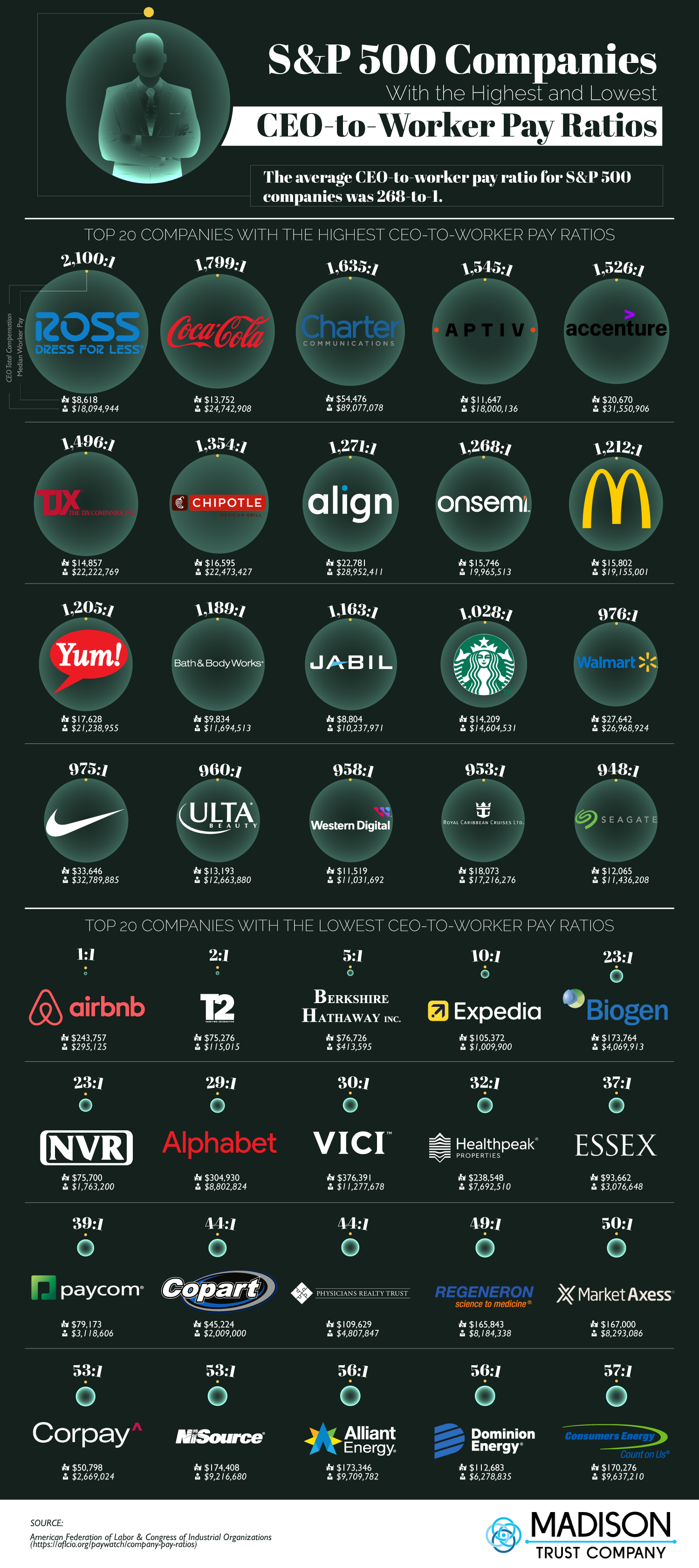this post was submitted on 09 Dec 2024
260 points (97.1% liked)
Work Reform
10223 readers
618 users here now
A place to discuss positive changes that can make work more equitable, and to vent about current practices. We are NOT against work; we just want the fruits of our labor to be recognized better.
Our Philosophies:
- All workers must be paid a living wage for their labor.
- Income inequality is the main cause of lower living standards.
- Workers must join together and fight back for what is rightfully theirs.
- We must not be divided and conquered. Workers gain the most when they focus on unifying issues.
Our Goals
- Higher wages for underpaid workers.
- Better worker representation, including but not limited to unions.
- Better and fewer working hours.
- Stimulating a massive wave of worker organizing in the United States and beyond.
- Organizing and supporting political causes and campaigns that put workers first.
founded 2 years ago
MODERATORS
you are viewing a single comment's thread
view the rest of the comments
view the rest of the comments

I'm sure he does, too, but how much of his income comes from Berkshire Hathaway and how much comes from his other endeavors and investments?
Fun little loop hole, I guess, but it kind of skews the data. But I'm nit picking.
You have to pay tax on income
You have to pay tax on realized capital gains too (of which Buffet makes most of his spending money I'm guessing), but at a lower rate than income.
You'd likely be wrong. Most people with significant stock holdings get their spending money from small to no interest loans with the stocks as security.
One of the many ways in which the ultra-rich can and will game the system in ways not available to regular people.
Also one of the main reasons why unrealized gains need to be taxed.
Yeah agreed. The richest of people don’t even spend money. They literally take loans out against their exorbitant wealth and pay back such a tiny percentage that everyone who is rich wins, including them, because it’s just a calculated figure on how much they can continue to make off their capital gains